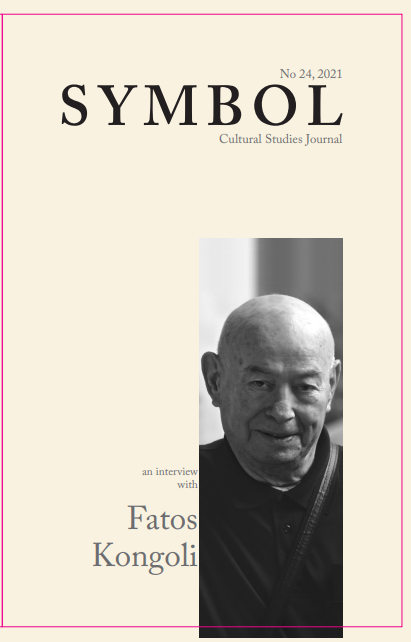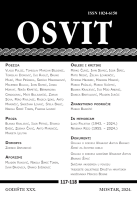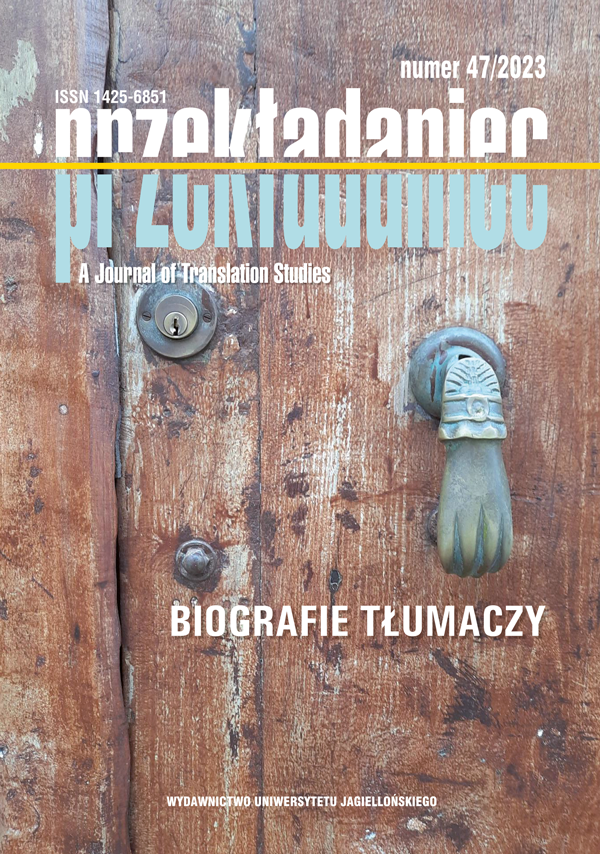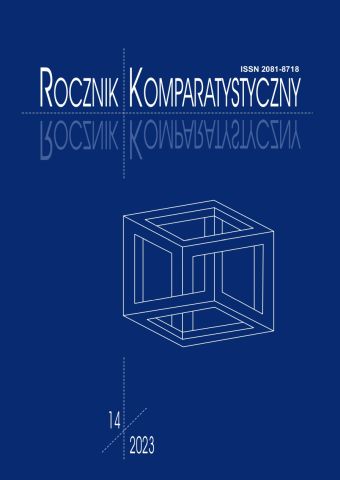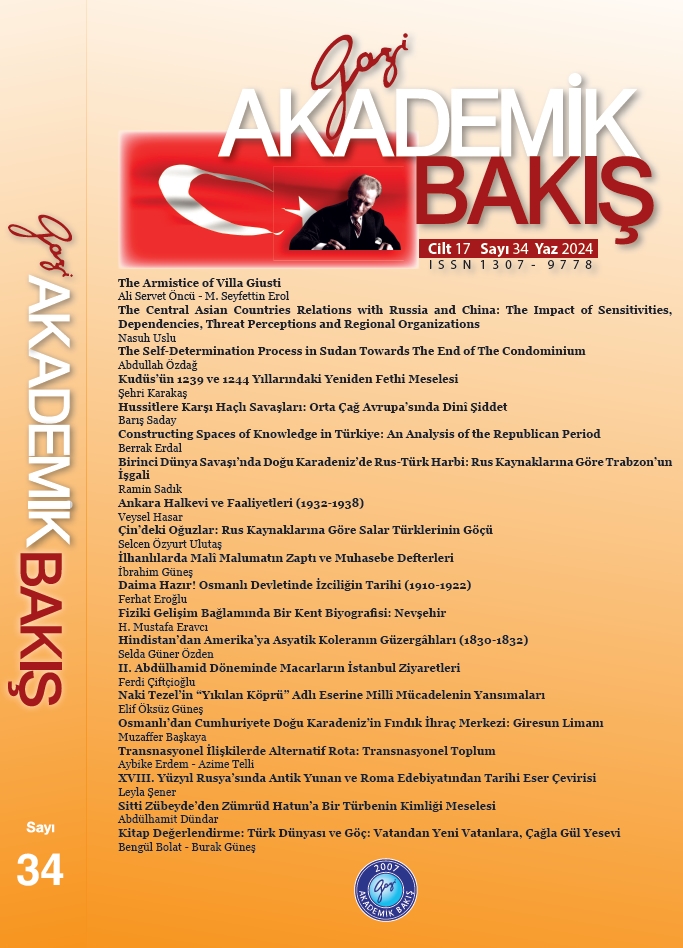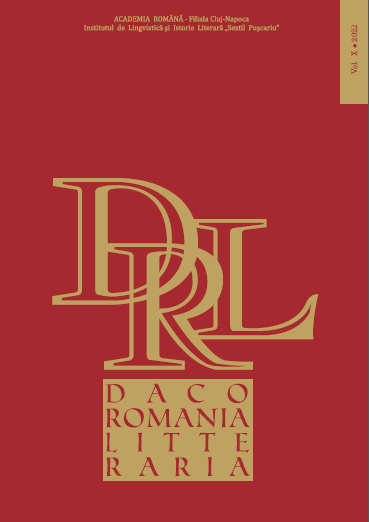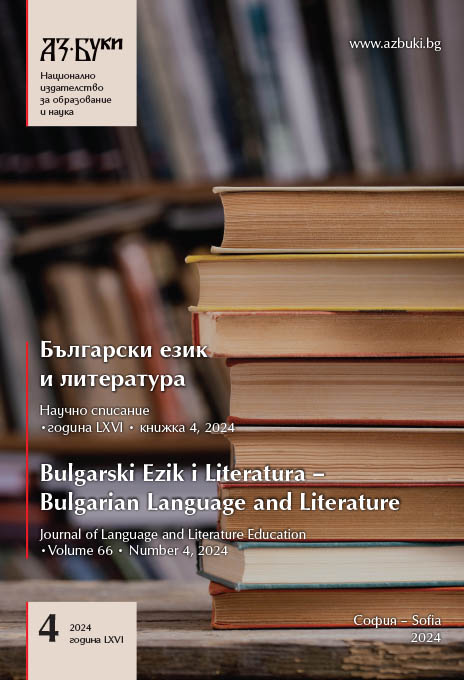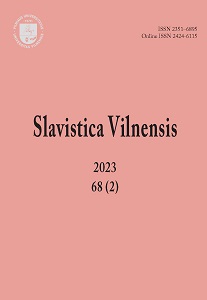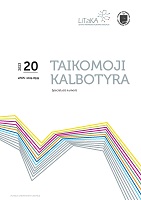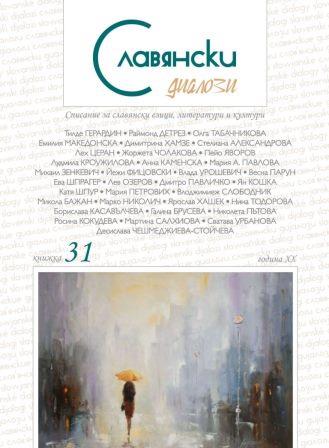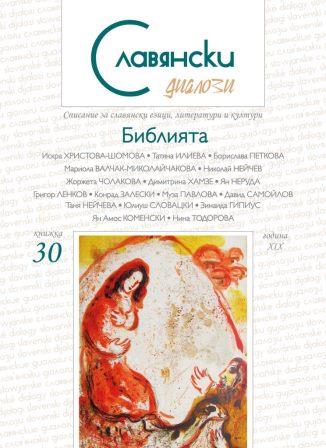Author(s): Peyo Yavorov / Language(s): Miscellaneous languages
Issue: 31/2023
Хайдушки песни/Haiduk Songs - Translation into Czech by Ludmila Kroužilová Translation into Polish by Zdzisław Jerzy Kempf (I, IV), Translation into Polish by Anna Kamieńska (II, III) Translation into Russian by Maria A. Pavlova // Арменци/Armenians - Translation into Russian by Mikhail A. Zenkevich, Translation into Czech by Ludmila Kroužilová, Translation into Polish by Jerzy Ficowski // Две хубави очи/Two lovely eyes - Translation into Serbian by Vlada Urošević, Translation into Croatian by Vesna Parun, Translation into Polish by Anna Kamieńska, Translation into Slovenian by Eva Šprager, Translation into Chech by Ludmila Kroužilová, Translation into Russian by Lev Ozerov, Translation into Ukrainian by Dmitro Pavlichko, Translation into Slovak by Jan Koška // Копнение/Longing - Translation into Polish by Anna Kamieńska, Translation into Slovenian by Katja Špur // Не си виновна ти/The guilt is not in you - Translation into Czech by Ludmila Kroužilová, Translation into Serbian by Vlada Urošević, Translation into Russian by Maria Petrovykh, Translation into Polish by Włodzimierz Słobodnik // На Лора/To Laura - Translation into Czech by Ludmila Kroužilová, Translation into Polish by Włodzimierz Słobodnik, Translation into Slovenian by Eva Šprager, Translation into Ukrainian by Mikola Bazhan, Translation into Russian by Lev Ozerov, Translation into Serbian by Marko Nikolić // Вълшебница/Witch - Translation into Russian by Vladimir N. Sokolov Translation into Polish by Anna Kamieńska // Две души/Two Souls - Translation into Croatian by Vesna Parun, Translation into Russian by Lev Ozerov, Translation into Polish by Janina Brzostowska, Translation into Ukrainian by Vasil Moruga, Translation into Slovak by Jan Koška, Translation into Czech by Ludmila Kroužilová
More...
